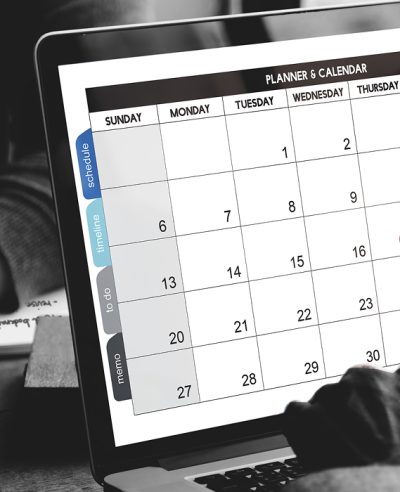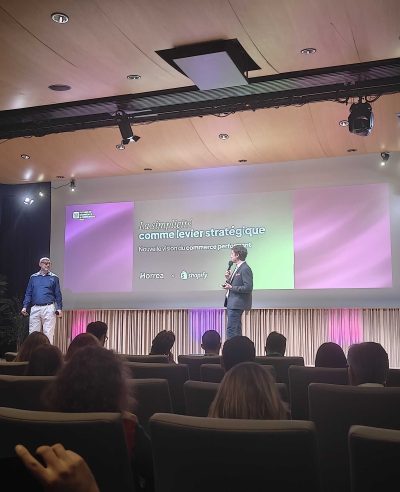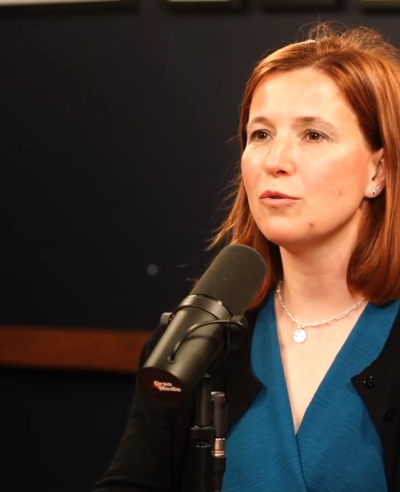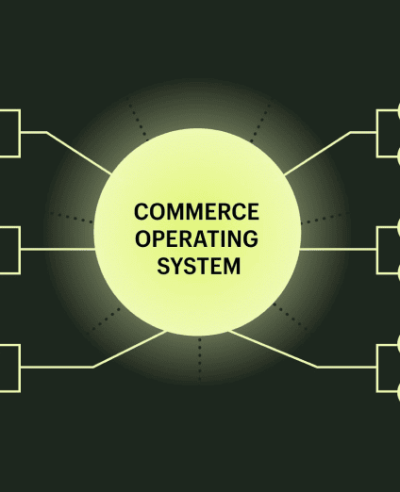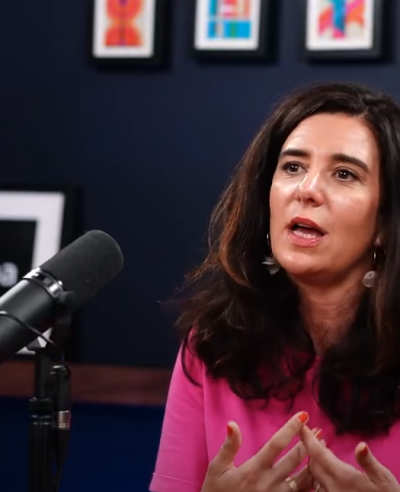- SolutionsRetourShopify PlusGardez une longueur d'avance grâce à une des meilleures technologies e-commerceOpérations CommerceDéveloppez votre croissance e-commerce et marketplaceIA for CommerceRéinventez le commerce à l'ère de l'IASpécialistes in-houseLes meilleurs spécialistes e-commerce en régie dédiéeServices digitauxServices sur mesure pour les marques
- Projets
- Ressources
- Nous rejoindre
- SolutionsRetourShopify PlusGardez une longueur d'avance grâce à une des meilleures technologies e-commerceOpérations CommerceDéveloppez votre croissance e-commerce et marketplaceIA for CommerceRéinventez le commerce à l'ère de l'IASpécialistes in-houseLes meilleurs spécialistes e-commerce en régie dédiéeServices digitauxServices sur mesure pour les marques
- Projets
- Ressources
- Nous rejoindre
- fr
- en
Rimowa: D2C as a Driver of Customer Experience
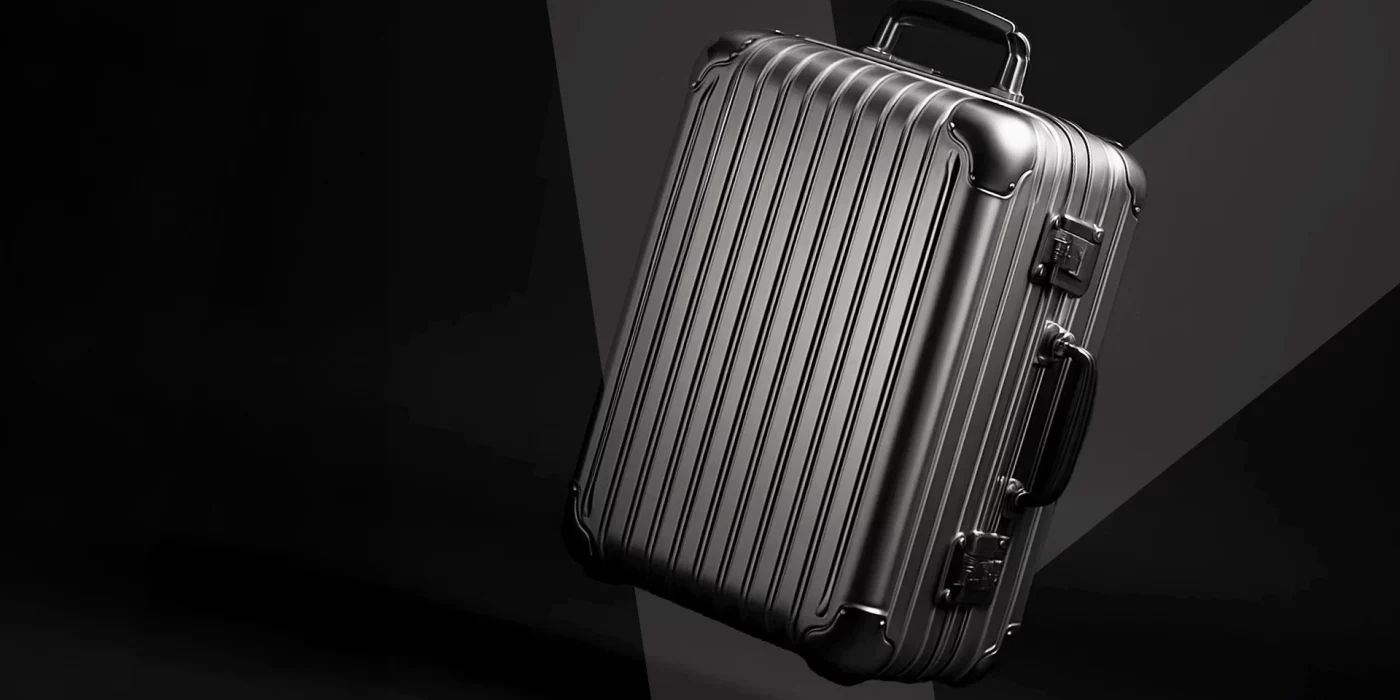
How to reinvent the customer experience in luxury, in the era of unified commerce?
Julien Maurel, Global Commerce & CRM Director at Rimowa, shared the behind-the-scenes of this transformation: D2C strategy, customer data activation, logistics excellence, CRM tools… all the levers that helped Rimowa solidify its leadership in functional luxury and set a new standard for high-end retail.

A bold strategic shift: from wholesale to D2C
At Rimowa, the customer journey isn’t a single path, but a collection of fluid, effortless touchpoints. The goal is to deliver a unified experience — whether through digital or physical interactions.
A customer might discover the brand on social media, explore the catalog online, and complete the purchase in-store — or the other way around. The key lies in real-time customer recognition across all channels, worldwide.
This ambition takes shape through signature services like “Store-to-Web,” which allows a customer to order an item from the online store directly while in a physical boutique, if it’s out of stock locally. This is especially useful for bulky products like suitcases, which are hard to stock in full variety on-site.
Delivery quality, often outsourced, is also a critical focus. Rimowa partners with premium service providers like Ohi (a winner of the LVMH Innovation Award), who train their delivery personnel and ensure timed delivery slots — extending the luxury experience to the customer’s doorstep.
Humility, attention to detail, and a zero-compromise mindset are the driving forces behind Rimowa’s continuous improvement approach.
Customer knowledge: a debt to be repaid
D2C has allowed Rimowa to collect its own customer data directly. But data collection is not an end in itself — it’s a responsibility. The use of data must provide real value to the customer: personalization, relevance, and service.
Examples of data usage include:
- Clienteling: Building near-personal relationships between in-store advisors and customers. If a visitor shows interest in a future trip or a specific product, the advisor can follow up with relevant content or exclusive event invitations.
- Communication personalization: Reducing message fatigue and adjusting frequency based on actual interest and engagement.
To make this possible, two technical pillars are critical:
- Real-time access: Data collected in stores must instantly feed into the omnichannel system to allow timely action by staff.
- Profile unification: Ensuring each customer has a unique, consistent identity across all systems — no matter how they sign in (name, email, etc.).
Rimowa also embraces the principle of symmetry of attention — the experience offered to employees must mirror the one expected for customers. This means intuitive, high-performance internal tools (such as an in-house clienteling app and Salesforce CRM). Over 800 store employees are trained to understand how valuable and strategic their role in capturing data is — not just as a task but as a mindset.

Performance measured by the Net Promoter Score
To gauge customer satisfaction, Rimowa relies on the Net Promoter Score (NPS) as a key performance metric. Surveys are sent shortly after purchase or service interactions to capture authentic, unbiased feedback.
Customer engagement is strong, with one-third of respondents leaving written feedback — a rich source of insights. Any detractor (rating of 0–6) is tagged, analyzed, and called back within 48 hours to understand the root cause. On the flip side, many promoters mention the advisor by name — a sign of deep, personalized relationships. The NPS is widely shared across teams and regarded as important as revenue. It fuels decisions, channel improvements, and regional strategies. Rimowa was also an early partner of Diduenjoy, a customer feedback startup, to support this effort.
Elevating the brand through strategic collaborations
Rimowa also stands out for its strategic collaborations. Whether with Artefact (in the Web3 space), the German Football Federation (DFB), or the British skate brand Palace, the goal is always the same: elevate the brand — not just drive sales.
These partnerships connect Rimowa with innovation-driven communities and cutting-edge tech, reinforcing its positioning as a brand of functional luxury — where style meets high performance. Each collaboration opens new perspectives, as long as it strengthens the brand’s experience and long-term vision.
In short, Rimowa’s D2C strategy is a case study in vertical integration, digital maturity, and customer obsession. Every detail — from in-store logistics to post-purchase follow-ups — is designed to ensure a seamless, emotionally resonant customer experience. A blueprint for modern luxury brands seeking to balance exclusivity with innovation.


